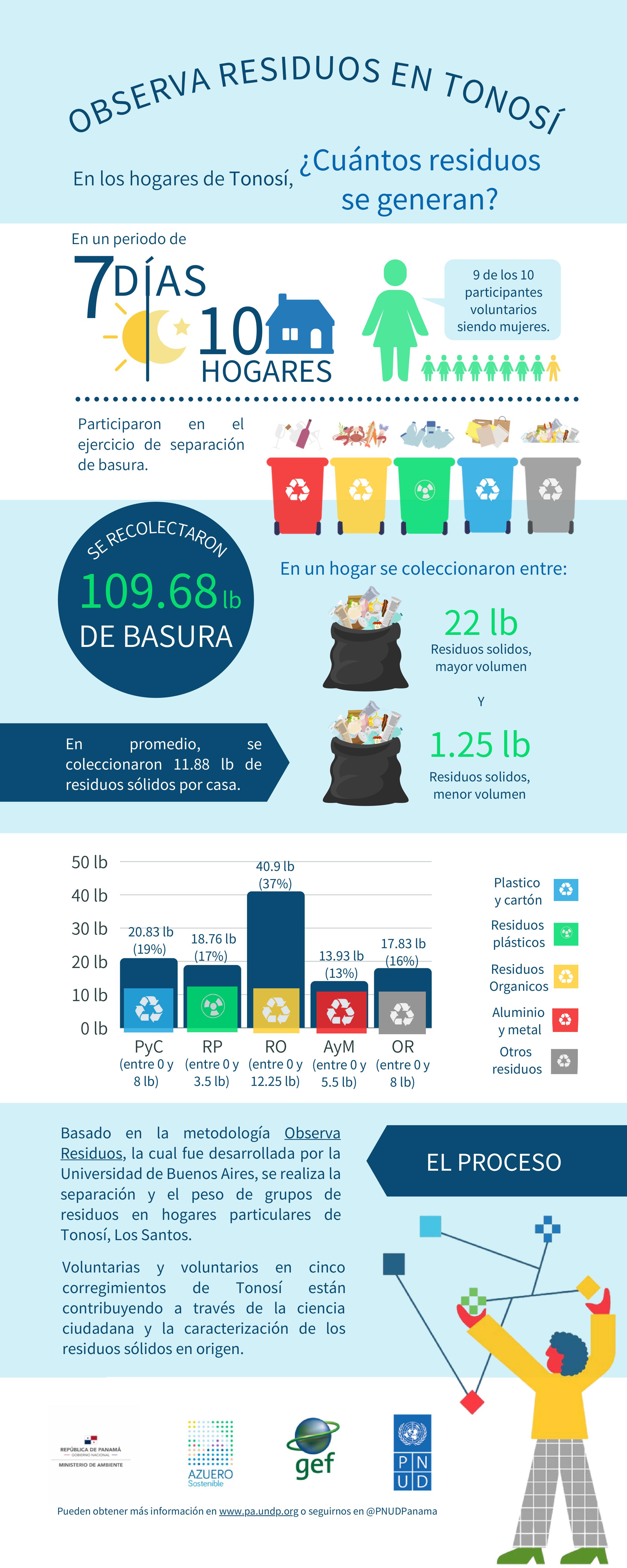Powered by

Curated by Alberto Cottica
UNDP Global Accelerator Lab



The Accelerator Labs' approach to marine pollution relies on filling data gaps and tapping into collective intelligence to get a better overview of the issues in each locale; and on community engagement to address those issues. Data gaps are often filled by combining computer vision (an application of AI) with satellite data (Panama), or by deploying citizen science initiatives, which double up as awareness and community engagement measures (Argentina). Collective intelligence is mobilized with ethnographic research (Fiji, Philippines) or participatory design initiatives (Mexico). Communities are engaged by awareness-raising initiatives (Bangladesh, Indonesia), aimed at proposing ways that the livelihood of coastal communities aligns with the reduction of marine pollution.


Search through all the items that are part of this board.
Some content may be restricted. Please log in to access all features.
As the world’s largest archipelagic country with 70% of the country is water, Indonesia is struggling with a serious environmental challenges related to marine debris. In 2015, a global study estimati…
Insight 1: Navigating the microworlds of Tonosí using collective intelligence. We learned that conducting three smaller focus groups in communities and in-depth interviews with recyclers contributed …